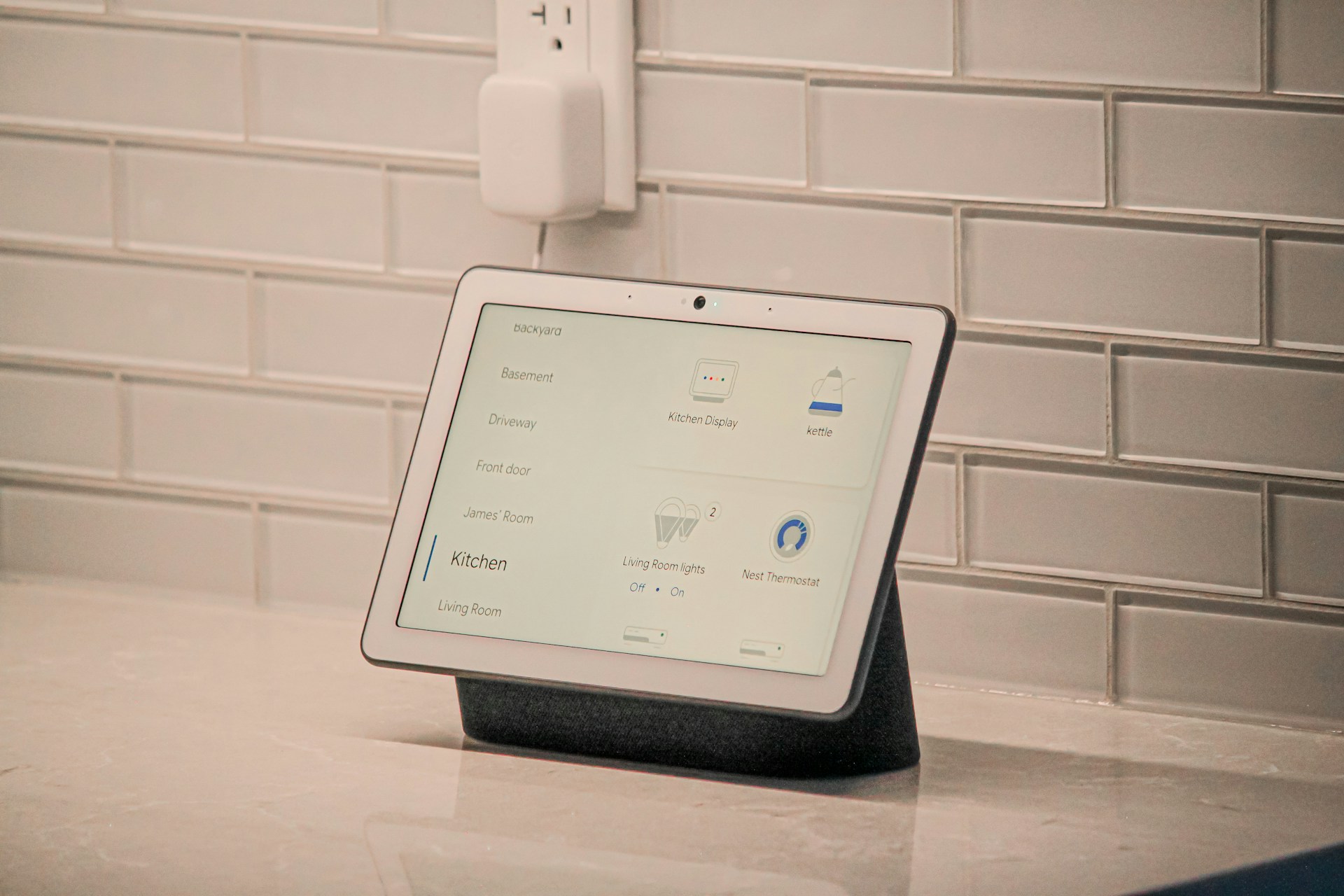The transition to a new home is always a mix of excitement and stress, and if you’re stepping into the future by moving into a smart home in the UK, there’s an additional layer of complexity to consider. Smart homes are increasingly popular, with devices such as thermostats, lighting controls, and even refrigerators that can all be controlled remotely. They can offer many benefits, from increased energy efficiency to improved home security. However, integrating and managing these devices can be challenging for many consumers. This guide will help you understand the smart home market, the data and network requirements, and the crucial steps to ensure a seamless transition when moving to a UK home with smart home technology.
Understanding Smart Home Market in the UK
The smart home market in the UK is rapidly growing. According to reports, by 2024, the market value for smart homes in the UK is predicted to reach £5.77 billion. This market growth is driven by an increasing number of consumers seeking the benefits of smart home devices, which include energy saving, improved security, and the convenience of home automation.
A voir aussi : Can you explain how to set up an effective waste management strategy during a house move in the UK?
This rising adoption of smart devices is partly due to the growing awareness among consumers of the benefits of energy-efficient and connected homes. Moreover, the market is further bolstered by the increasing availability of a wide range of smart home devices in the UK, from renowned brands to local startups.
Importance of Data and Network Security in Smart Homes
When moving to a smart home, one of the critical areas to consider is data and network security. As these devices are connected to your home network, they can be targets for cyber attacks, which can compromise your privacy and security. Therefore, it’s essential to ensure that these devices are secure and that your network is adequately protected.
A voir aussi : What are the best ways to navigate moving a horse stable within the UK countryside?
To do this, it’s recommended to change default usernames and passwords on all devices to something unique and difficult to guess. Also, regular software updates are crucial to protect against the latest threats. Additionally, consider setting up a separate network for your smart home devices, which can prevent any potential attackers from gaining access to your personal data.
Smart Home Device Integration and Management
Once your security measures are in place, the next step is to integrate and manage your smart home devices. This can seem daunting, but with careful planning and the right tools, it can be a relatively straightforward process.
One approach is to use a smart home hub or platform that allows you to control all of your devices from one place. This can make managing your devices easier and can also allow for more complex automation. For example, you might have your lights turn on automatically when your smart thermostat detects that you’re home.
Another crucial factor is compatibility. Not all smart devices can communicate with each other, and you might find that some devices aren’t compatible with your chosen platform. It’s therefore crucial to research devices before buying to ensure they’ll work together effectively.
The Role of Energy Efficiency and Automation
Smart home technology can offer significant energy savings, which can be particularly advantageous with the rising energy costs in the UK. Devices like smart thermostats and lights can help to reduce energy usage by adjusting settings based on your habits or whether you’re home or not.
Moreover, smart home automation can also add to the convenience factor. For example, your coffee machine could start brewing just as you wake up, or your blinds could automatically lower at sunset. This can help to save time and make your home more comfortable and tailored to your lifestyle.
The Future of Smart Homes
With the rapid advancements in technology, the future of smart homes is promising. We are already seeing trends towards more advanced automation and AI, which can learn from your habits and make recommendations to improve energy efficiency or comfort.
In the future, we might see even more advanced home automation, with devices that can anticipate our needs even before we do. This could mean your home automatically adjusting the temperature, lighting, or even the music based on your mood.
Moving to a smart home can be challenging, but by understanding the market, considering security, carefully planning your device setup, and focusing on energy efficiency and automation, you can make the transition as smooth as possible. And as technology continues to progress, the potential benefits are only set to increase.
Remember, moving into a smart home is not just about convenience, but also about using technology to enhance your quality of life, increase energy efficiency, and keep your home secure. It’s all about living smarter, not harder.
Choosing the Right Home App and Devices
With a robust smart home market in the UK, there’s an abundance of home apps and devices to choose from. However, it’s crucial for these apps and devices to be compatible with each other to have a seamless smart home experience.
Smart products range from smart meters to smart speakers and other home devices. All these devices can be controlled through a home app, giving you real-time control over your home. For instance, smart meters provide real-time energy consumption data, enabling you to manage your energy usage effectively. On the other hand, smart speakers, like Google Assistant or Amazon Alexa, will enable you to control your smart home devices using voice commands.
Choosing the right home app is also important. A good home app should offer compatibility with a wide range of smart devices, including those from different manufacturers. It should also be user-friendly, providing an intuitive interface that makes it easy to manage and control your smart devices. Popular home apps include Google Home, Amazon Alexa, and Apple HomeKit.
Remember, not all smart devices work with all home apps, so it’s essential to check the compatibility before making any purchases. You should also consider the type of wireless technologies used by the devices. Some devices use Wi-Fi, while others use technologies like Zigbee or Z-wave. The compatibility of these wireless technologies can also affect the smooth operation of your smart home.
The Evolution of Smart Home Technology in the UK
As we look into the future of smart homes in the UK, the trend is moving towards more sophisticated home automation and Artificial Intelligence (AI). These advancements are set to make homes more energy-efficient, more comfortable, and more personalised to individual lifestyles.
AI in smart homes is transforming the way we live, learn and work. AI can learn from your habits and behaviours, allowing your home to adapt to your lifestyle. For instance, your home can learn when you usually get home from work and have the heating ready for you. It can also suggest ways to improve energy efficiency based on your usage patterns. This adaptive learning is an exciting area of smart home technology, and we can expect to see more of it in the future.
In addition to AI, we’re also seeing more advanced home automation. Imagine a home where your coffee is ready when you wake up, or your favourite music starts playing as soon as you get home. These scenarios are becoming a reality, thanks to advancements in home automation.
Conclusion
Moving to a UK home with smart home technology adds an additional layer of complexity to the moving process. However, with a thorough understanding of the smart home market, careful consideration of the data and network security, and careful selection and management of smart devices, this transition can be smooth.
Remember, the goal of smart home technology is not just to add convenience to your life but also to enhance your overall quality of life. From increasing energy efficiency to providing advanced home automation, smart homes offer numerous potential benefits.
As smart home technology continues to evolve and become more sophisticated, we can expect to see even more benefits in the future. So, as you embark on this journey of transitioning into a smart home, remember to embrace the technology and look forward to the countless advantages it has to offer. After all, smart living is about living smarter, not harder.






